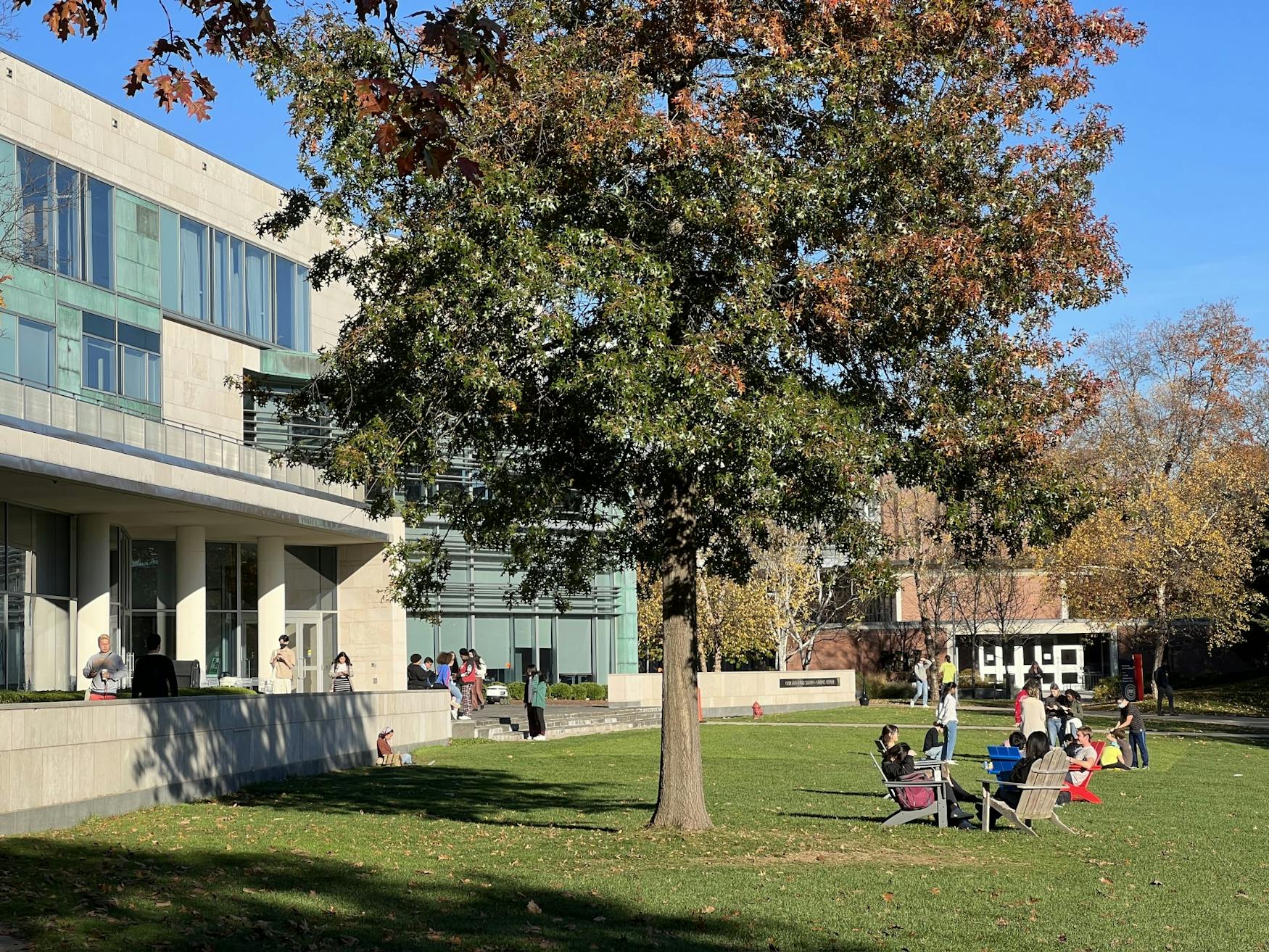University Administration, it’s time to support students
It has been more than two weeks since the tragic shuttle accident, and the Justice editorial board continues to send our deepest condolences to all parties impacted by this event. While the University has held events to bring students together during these difficult times, it is important to remember that each member of Brandeis will handle these emotions differently. There are no words we can use to express the devastation this incident has caused. As an editorial board, we want to let the campus community know that we are listening to them. We also want to address the difficulty of balancing school work in the wake of these incidents.
As a community, it is vital that we create spaces where students can receive the support they need on their own terms. We understand that many of you want to be an outlet for those struggling, and while we commend the community for supporting one another we do not recommend this practice. Allow people to find their outlets at their own pace. If a friend does come to you and wants to talk, listen to them.
For many people, it can be difficult to even ask for help. Validate this vulnerability by just listening. If they are still seeking more support then assist them in that search as well.
As finals approach, students may be feeling the stress of academics compounding on their emotions of the recent tragedy. The mental health of the student body should come far before performance or attendance in the classroom. In the past couple of weeks, Brandeis has urged its professors to be more lenient about assignment extensions and attendance. In a Nov. 30 email to Brandeis students, Provost and Executive Vice President for Academic Affairs Carol Fierke said, “faculty have been encouraged to consider allowing for extra absences, offering remote participation in classes, late submission of work, and offering alternative formats for exams or even optional exams for students in good standing”; however, no leniency policies are required of faculty. While some professors have granted extensions or even canceled upcoming assignments, students have felt difficulty surrounding in-class attendance. We ask the University and professors to continue checking in with the student body when appropriate, and accommodate students when possible. As we said above, we must continue to create spaces where students can receive the help they need, whether that is academically or emotionally. Brandeis has always prided itself on its elite academics, but the issues that students are facing extend beyond the classroom.
There is nothing we can say or do that will heal the pain the campus is feeling. However, as an editorial board we are proud of the students and faculty that have joined together to help one another through these tough times. When tragedy strikes a community as small and close-knit as Brandeis, it can either come together or divide. These past few weeks have shown us that we can come together when the campus needs it most.
Now, a few weeks removed from the incident, we must continue to find unity as a community.
Provide spaces where people can begin to heal. Be a listening ear if someone needs to talk to you. Find ways to adjust your class structure to meet the needs of the students. We all play a part in how the campus handles this incident.




Please note All comments are eligible for publication in The Justice.